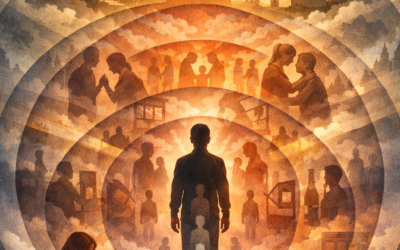The murder of UnitedHealthcare’s CEO has sparked widespread debate. On the surface, the case is straightforward: there’s motive, a weapon, and no doubt that Luigi killed. By the legal standard, the jury’s job is simple—examine the facts, convict.
But here’s the question we rarely ask: have we truly walked in Luigi’s shoes? Do we understand the daily, unrelenting pain of watching his mother suffer? Do we know if he had the resources or relationships to access the help he needed?
Social media thrives on quick conclusions. Assumptions about his wealth, his family, or his access to care flood timelines. But these assumptions miss the point: we all have blind spots. We project our limited experiences onto others, ignoring what we don’t—and can’t—understand about their reality.
This isn’t to justify killing. It’s to challenge the rush to judgment. The jurors face a unique dilemma: they must relate to Luigi’s humanity while setting aside emotion to uphold the law. But for the rest of us, the lesson is deeper.
Pause. Reflect. Consider. The chaos of recent years, from the pandemic to social upheaval, has forced us to confront how much we take for granted. Perhaps this case, too, is another moment to unsettle our assumptions and question what we’ve normalized.
Before we judge, let’s ask: are we seeing the world as it is—or only as we are?




0 Comments